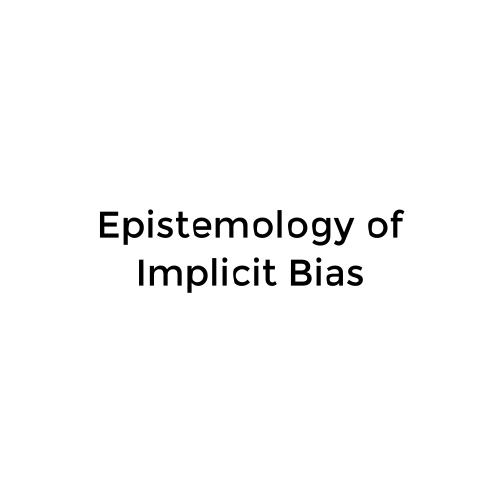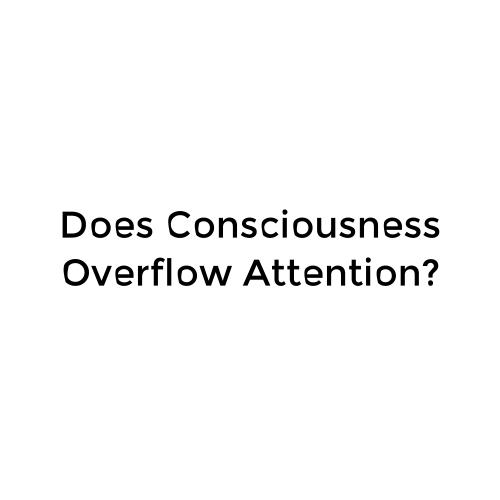Attention as Selection for Action
William James
"Everyone knows what attention is. It is the taking possession by the mind, in clear and vivid form, of one out of what seem several simultaneously possible objects or trains of thought. Focalization, concentration, of consciousness are of its essence. It implies withdrawal from some things in order to deal effectively with others, and is a condition which has a real opposite in the confused, distracted, scatterbrained state which in French is called distraction ..."

Attention as Selection for Task
- Wu's proposal can be seen as a way of developing the idea that attention is a way to "deal effectively" with certain things rather than others.
- He motivates this by arguing that the experimental study of attention operates on the assumption that it improves subjects' performance in cognitive tasks that require selecting among different possible stimuli.
- So: Where there is selection for a task, there is attention.
Attention as Selection for Action
- Wu then argues that this sufficient condition can be expanded to include selection for action more generally, and not just selection for task.
- Specifically, it is selection for action at the personal level that suffices for attention, where this is something attributed to psychological subjects rather than their parts.
- That distinction is also relevant to Wu's argument that attention is necessary for action, where this is supposed to contrast with a "pure reflex".
Attention as Selection for Action
- Next, Wu argues that the conditional holds in the other direction, too: selection for action is not only sufficient for attention, but also necessary for it.
- He does this by defending the claim of necessity against two putative counterexamples: attentional capture and the idea of attention as vigilance.
- What further reasons might there be to endorse this conditional?
Two Consequences
If Wu's position is correct, then:
- Nothing can be attentive unless it is an agent.
- Nothing can be an agent unless it is able to be attentive.
Can you think of counterexamples to these claims?
Attention as Selection for Action
By schwenkler3930
Attention as Selection for Action
- 517



